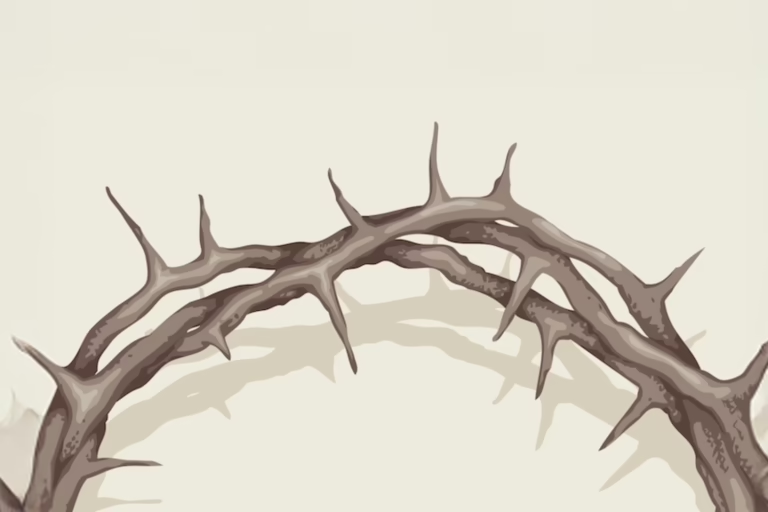Read: Jeremiah 29:1-14
I know the plans I have for you . . . to give you a future and a hope. (v. 11)
Delivering the word of the Lord didn’t make Jeremiah popular. He was beaten and arrested numerous times, put into stocks, and even thrown into a cistern. Despite that, his message after the worst had happened to Israel, when they were living in Babylon as aliens and exiles, was of hope—along with a challenge to seek the welfare of the city where they now lived. It took courage for Jeremiah to put hope into action.
Like the ancient Israelites, we also are aliens and exiles, and Jeremiah’s challenge to seek the welfare of the city applies to us too. Being aliens and exiles doesn’t remove our responsibility to care for this world. From the first pages of the Bible (Genesis 2:15), God’s command to care for the earth is clear. Our world isn’t disposable, and we’re the stewards of it. One way to seek the welfare of the city is by caring for our planet.
For many of us, caring for our planet can seem extraordinarily complicated because messages about our changing climate have too often become politicized. As a result, it takes courage, like it did in Jeremiah’s day, to put hope into action. Caring for our planet isn’t (or shouldn’t be) political; it’s simply a matter of faithful stewardship. For the sake of our children and grandchildren, let’s reject the idea that caring for creation is political and have the courage to put hope into action. —Jeff Munroe
As you pray, ask God how you can express hope in action.
About the Author

Jeff Munroe
Jeff Munroe is the editor of theReformed Journaland, in addition to being the author of the best-selling book Reading Buechner: Exploring the Work of a Master Memoirist, Novelist, Theologian, and Preacher, is also a poet, blogger, and essayist. His work has appeared in Christianity Today, The Christian Century, US Catholic, and The Reformed Journal.
- Jeff Munroe#molongui-disabled-link
- Jeff Munroe#molongui-disabled-link
- Jeff Munroe#molongui-disabled-link
- Jeff Munroe#molongui-disabled-link

